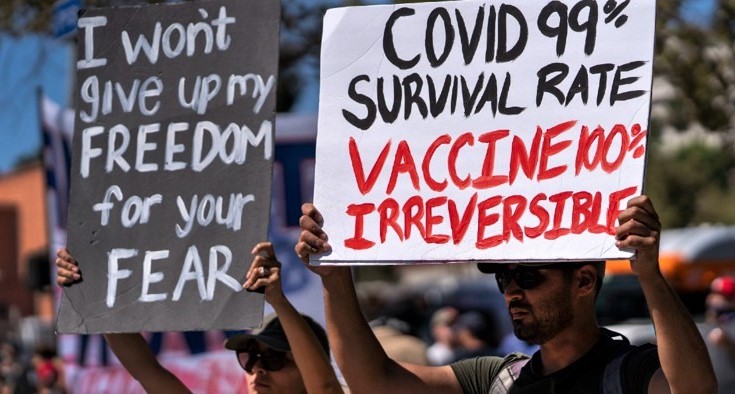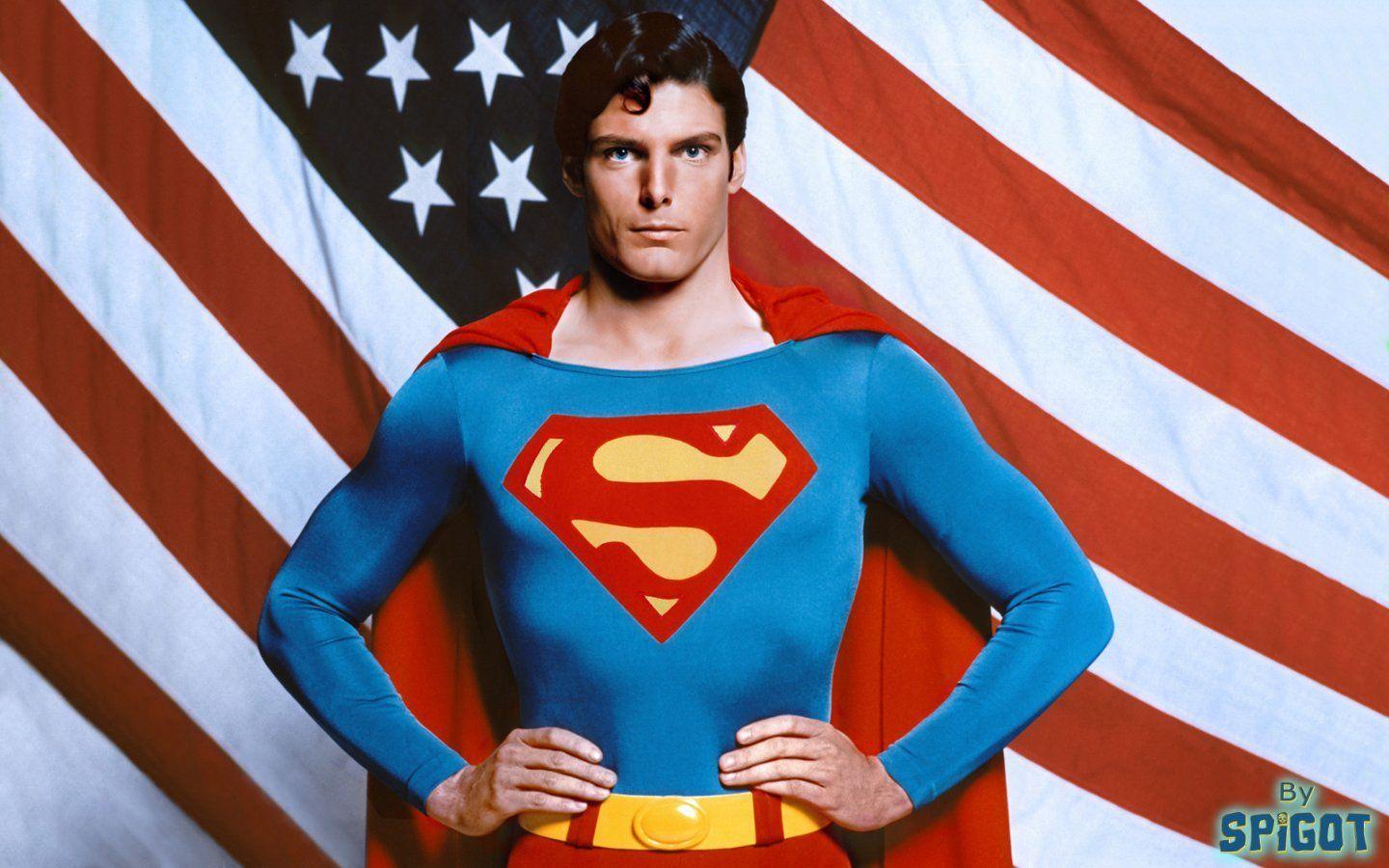To mandate, or not to mandate, that is the question.

photo: A/P
For 18 months, Americans have tolerated masks, travel, and event restrictions, and virtual home hibernation.
“Overall in the United States, 74.1 percent of Americans over five years old have at least one coronavirus shot, and 62.8 percent are fully vaccinated.”
However, just when you thought it was safe to step back into the waters of normalcy, Omicron, has become the new shark on the horizon. “The variant appears to have a high number of mutations — about 30 — in the coronavirus’ spike protein, which could affect how easily it spreads to people,” the Associated Press reported.
The big question is: how long will it take medical experts to determine if the initial series of vaccines are still effective against the new variant or if another vaccine is required?
The bigger question is: given those who decline to get vaccinated—approximately 100 million—and with a new variant on the way, are vaccination mandates ethical?
That’s the debate that’s been swirling around the country for the last 18 months, but resistance to vaccinations in the US has been around for more than 200 years.
“In January 1777,” The New York Times reports, “George Washington mandated inoculations for the soldiers under his command in the Continental Army, writing that if smallpox were to break out, ‘we should have more to dread from it, than from the Sword of the Enemy.’ Notably, it was in large part the soldiers’ desires that overcame his resistance to a mandate.”
Twenty-five states have implemented various forms of mandates, notably health care workers, and “the federal workforce of more than 3.5 million employees has met President Biden’s vaccine requirement deadline with 92 percent getting at least one dose.”
In the great mandate debate there are two questions: do mandates help curtail the spread of the disease; and is it legal and ethical to require individuals to get vaccinated?
“‘In general, vaccine mandates work,’ James Colgrove, a public health professor at Columbia University’s Mailman School of Public Health, told ABC News.”
“‘Mandates, so far, seem to be the most effective thing we have to overcome the vaccine hesitancy,” Dr. Bradley Pollock, chair of Public Health Sciences at the University of California at Davis, told the Sacramento Bee.”
From the standpoint of individual rights, the second question is more controversial.
Scientific American reports, “Are these mandates lawful and ethical? The short answer is emphatically yes. And there is strong behavioral science evidence that mandates will be highly effective.
“Both the Department of Justice and the Equal Employment Opportunity Commission (EEOC) have ruled that businesses may lawfully require workers to get a COVID-19 vaccine as a condition of coming to the workplace. However, businesses must grant legitimate medical or religious exemptions. The only major court ruling to date upheld Houston Methodist Hospital’s COVID-19 vaccine mandate. The private sector has wide discretion in setting conditions for workers and customers, and businesses have a legal and ethical duty to keep the workplace safe.”
“For decades,” WebMD reports, “the U.S. has monitored the effectiveness of vaccine mandates in schools, he noted, which have successfully required shots against measles, mumps, and other illnesses that used to be widespread. Certain employees, such as hospital workers, must take vaccines for their jobs, he said, and those requirements have also been effective over the years.
“‘The more normalized it becomes, the more people [know] someone else who is vaccinated, the more people will comply,’ Colgrove said. ‘With any vaccine, the longer it’s been around, the more people get with it.’ . . .
“Some companies began to issue vaccine rules this summer as the Delta variant caused a jump in cases, hospitalizations, and deaths, ABC News reported.
“For instance, Tyson announced a mandate in August, when less than half of its 140,000 employees were vaccinated. When the deadline came at the end of October, more than 60,000 additional employees had been vaccinated, and the vaccination rate was 96%.
“‘Has this made a difference in the health and safety of our team members? Absolutely. We’ve seen a significant decline in the number of active cases company-wide,’ Donnie King, CEO and president of Tyson Foods, said in a statement. . . .
“Vaccination rates have also increased in New York City, where some employees in the fire, police, and sanitation departments protested the mandate. By the deadline, vaccination rates shifted from less than 75% to 82% in the fire department, 86% in the police department, and 91% of EMS personnel, ABC News reported.”
Here’s the big takeaway, “99.99%. That’s the percentage of people fully vaccinated against Covid-19 who have not had a breakthrough case resulting in hospitalization or death, according to a recent CDC report.”
The evidence is clear and compelling.
Here’s a list of companies who have announced their vaccination plans.
American Express, Amtrack, Anthem, BlackRock, Cisco, Citigroup, CVS Health, Deloitte, Delta Airlines, DoorDash, Equinox, Facebook, Ford, General Electric, Goldman Sachs, Google, Jeffries, Lyft, McDonald’s, MGM Resorts International, TJX, Twitter, Tyson Foods, Uber, United Airlines, Viacom CBS, Walgreens, The Walt Disney Company, Walmart, and The Washington Post.
These companies and more are viewing the issue through the lens of responsibility. As citizens, we should do no less.
Comments










